This morning’s ITV debate pitched two opposing views, one of which has been well covered on this website. The other took a version of the OUP line that the Dictionary is a product of a rigorous analysis and is a reflection of language as used today, not as we might like it. It was also pointed out that there is a wealth of other books – including many published by OUP – that are designed to excite children with the world, and words, of nature.
Another point that is often made, but not this morning, is that this is, in any case, old news. And not just because NATURAL LIGHT first started campaigning on it over two years ago, but because the controversial removal of dozens of nature words actually took place in 2007.
And ten years on, we are learning something else about language. Some of the cool new words that went in to replace otter, conker, bluebell and so many others, are already on the wane. Kids may have been endlessly chatting about chatrooms and picking BlackBerries over iPhones back in 2007, but isn’t it time to start weeding out some of those old fashioned words and replacing them with a few that simply refuse to die, like, say, otter, bluebell, conker?
It has even been suggested to me that the Oxford Junior Dictionary is doing nature a service as it is, by shocking parents and teachers into realising just how disconnected families have become – from nature, and, thanks to technology and its fickle lexis, from each other. Perhaps adults should buy the OJD for themselves to use as a barometer of change to come.
Either way, Terry’s petition now has its own life, as a measure of opinion and concern. In the same way that Robert Macfarlane and Jackie Morris’s The Lost Words exists entirely independently of its foster-parent, if the OJD can be so described, and spreads the joy of words and nature better than the OJD ever could, if the petition fails to elicit the right response from OUP, it is nonetheless doing essential work. Please sign.
*starts 42 minutes in, available for 1 week
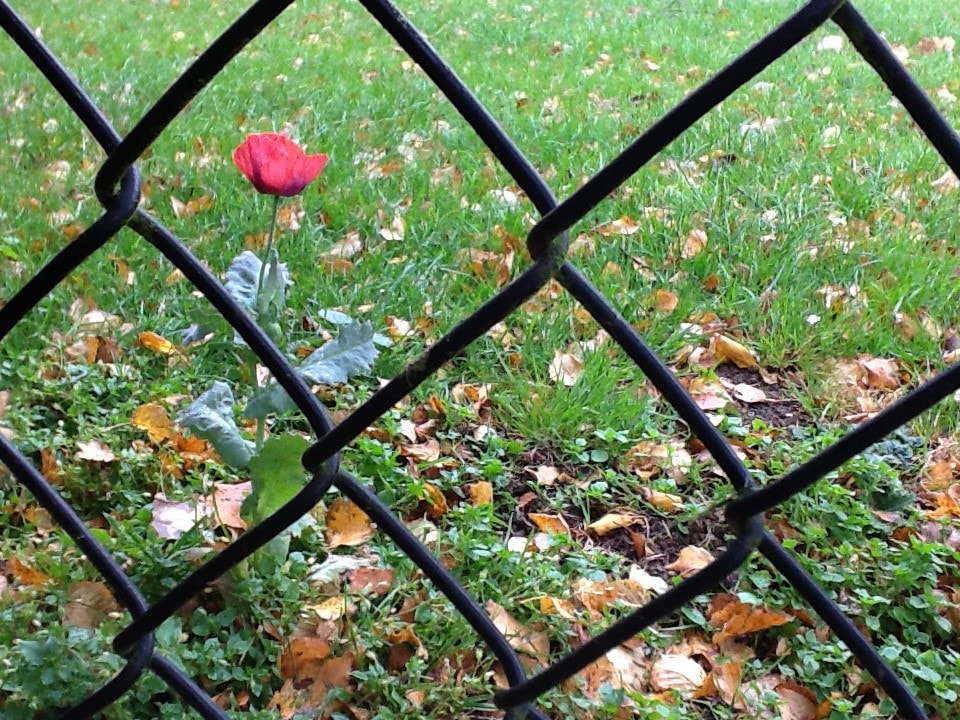
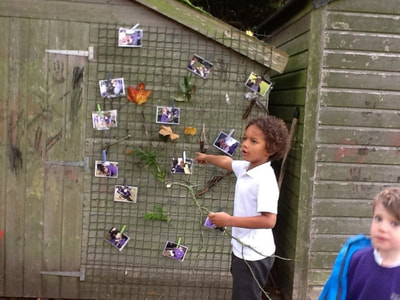
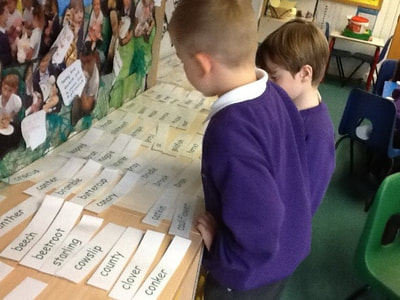
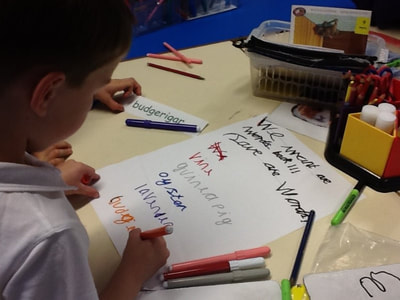
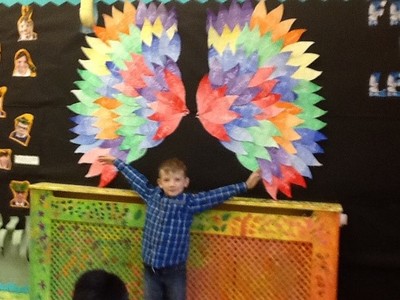
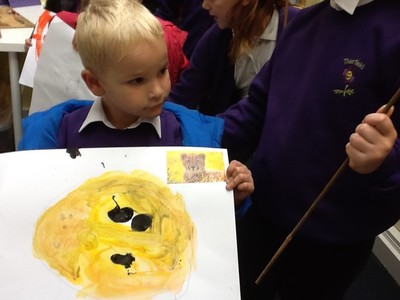
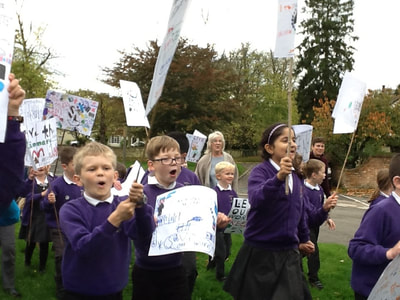
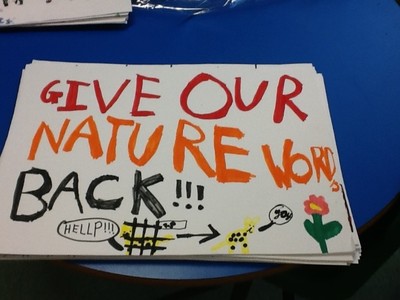
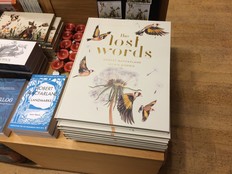
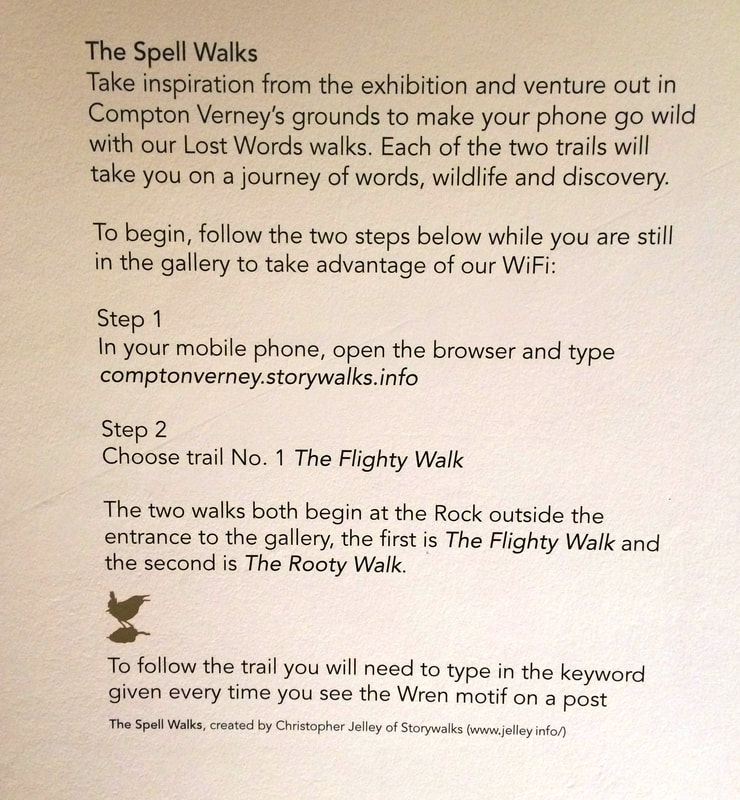
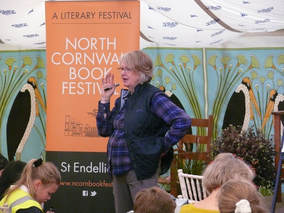
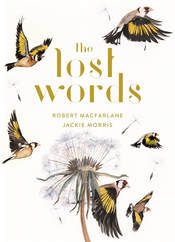
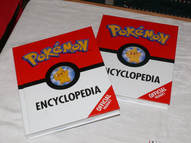
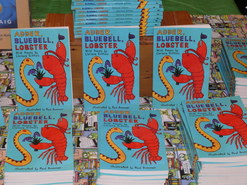
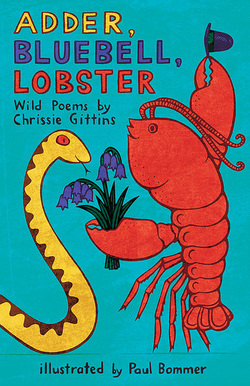
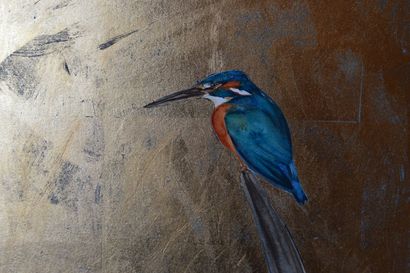
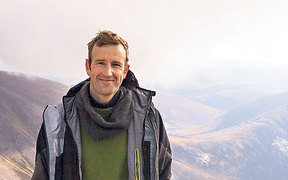
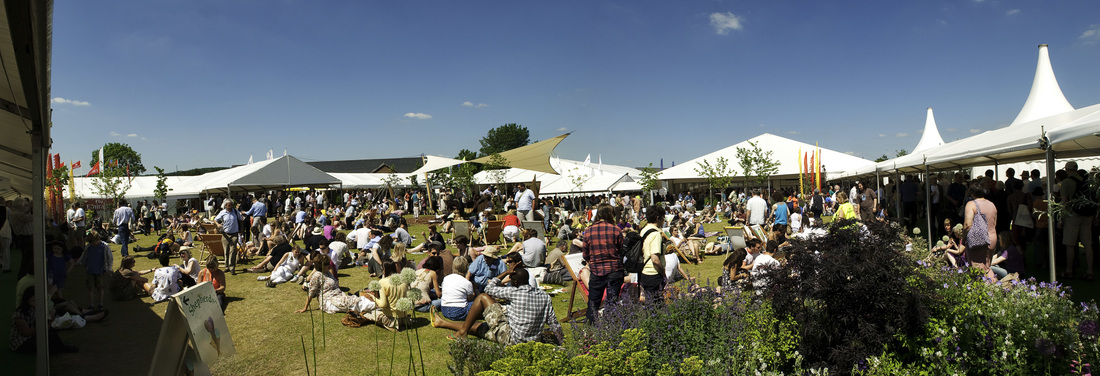
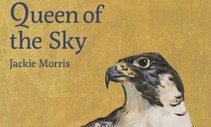
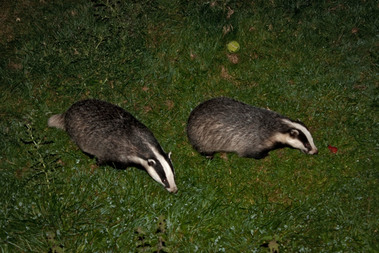
 RSS Feed
RSS Feed
